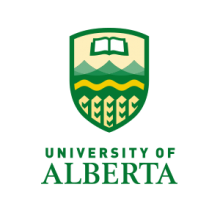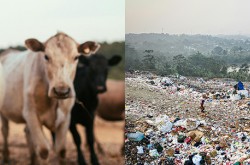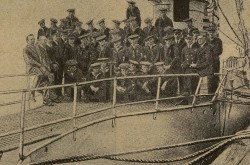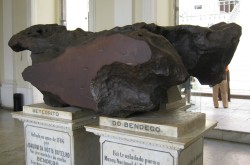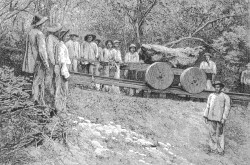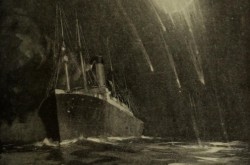Protecting Canada and the world’s fresh water resources
This article was originally written and submitted as part of a Canada 150 Project, the Innovation Storybook, to crowdsource stories of Canadian innovation with partners across Canada. The content has since been migrated to Ingenium’s Channel, a digital hub featuring curated content related to science, technology and innovation.
Retired University of Alberta professor, David Schindler, is one of Canada’s most powerful environmental advocates. In the 1960s he identified that detergent phosphates were polluting and killing Canada’s lakes, and in the ‘70s and ‘80s he identified acid rain as the cause of widespread fish deaths.
In 1968, he became a founding director of the Canada’s Experimental Lakes Project. He and his team discovered that the Great Lakes and other fresh water bodies in Canada and the US were being destroyed by pollutants like phosphate-based detergents and fertilizers. In 1973, over the detergent industry’s objections Canada banned high-phosphate laundry detergents and phosphorus in sewage treatments plants in the Great Lakes basin. North American regulations to mitigate phosphate’s effects on fresh water then followed.
Schindler’s next research focus was acid rain and climate change—and the effects on our environment and biodiversity, and later Oil Sands development and water sheds. His pioneering whole-ecosystem approach has had significant and widespread influence on freshwater management and policy decisions—saving thousands of lakes around the world. Schindler’s work has been used to formulate ecological management policy in Canada, the US and Europe.
Transcript
University of Alberta water expert David Schindler has spent his long and distinguished career exposing uncomfortable truths about the damage modern life is inflicting on our environment, hoping to influence policy that protects fragile ecosystems.
Schindler has never been afraid to speak his mind, staunchly defending scientific proof and insisting that scientists have an obligation to clearly communicate their findings for the public good.
As he retires this month, he can rest assured that his work has been vindicated, most recently by helping to usher in a new federal monitoring system for the oilsands.




